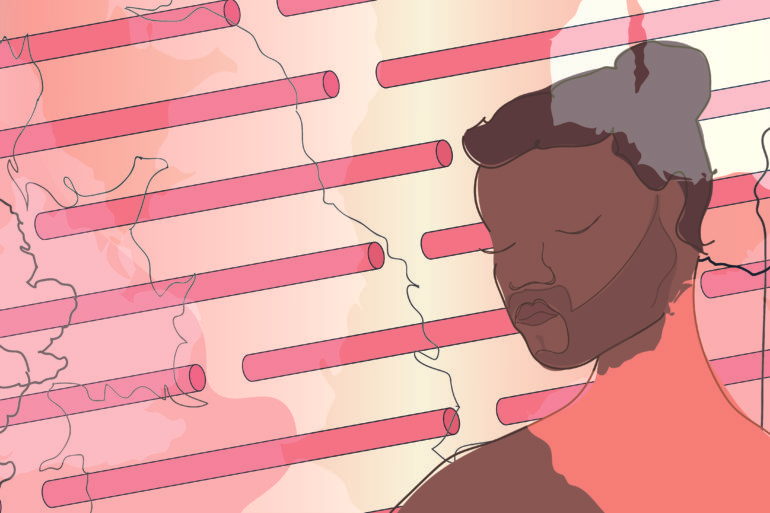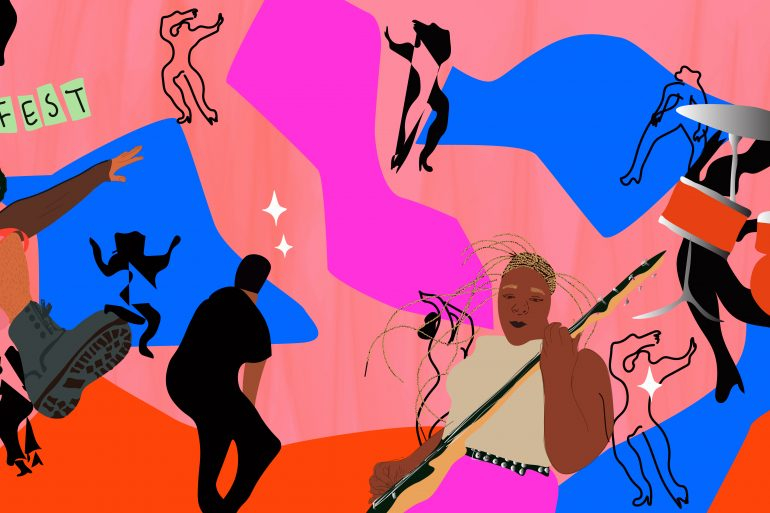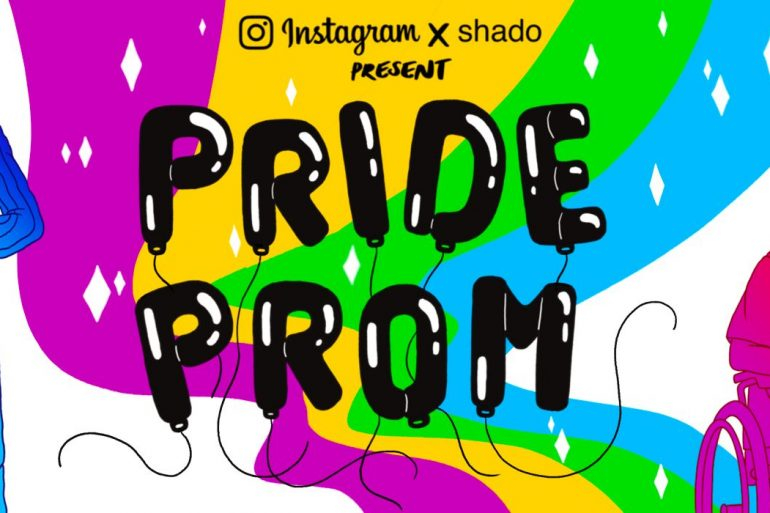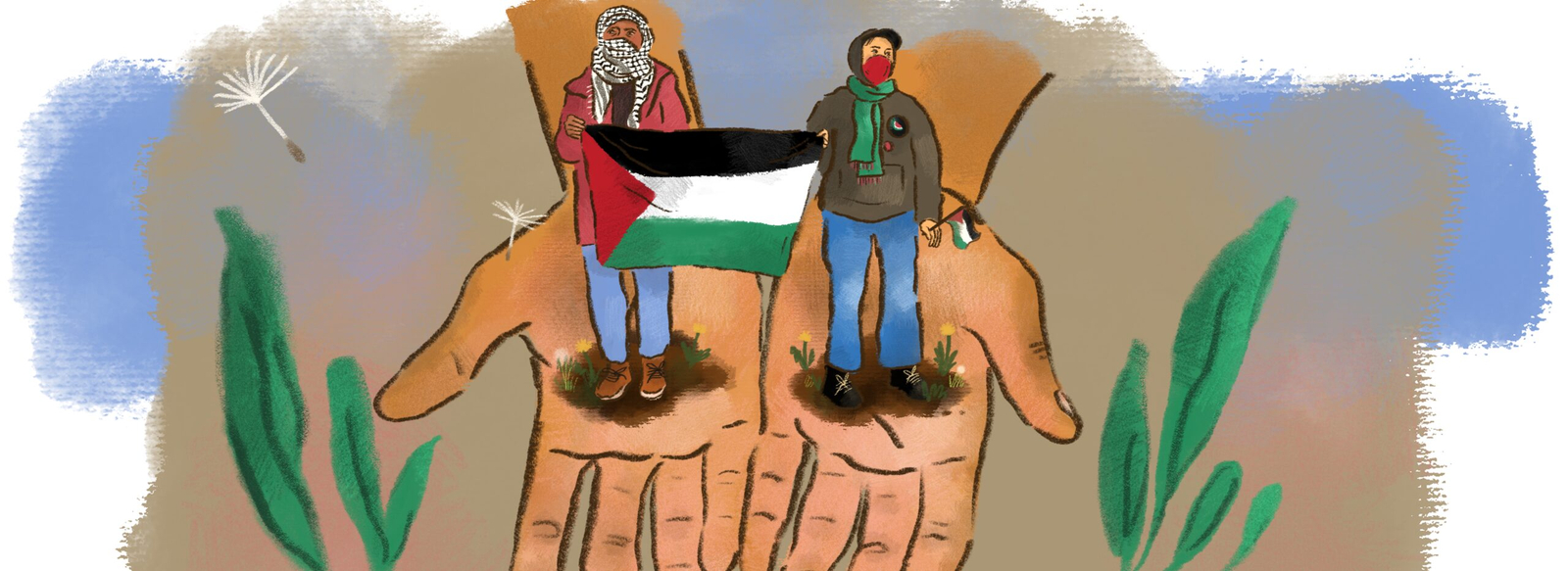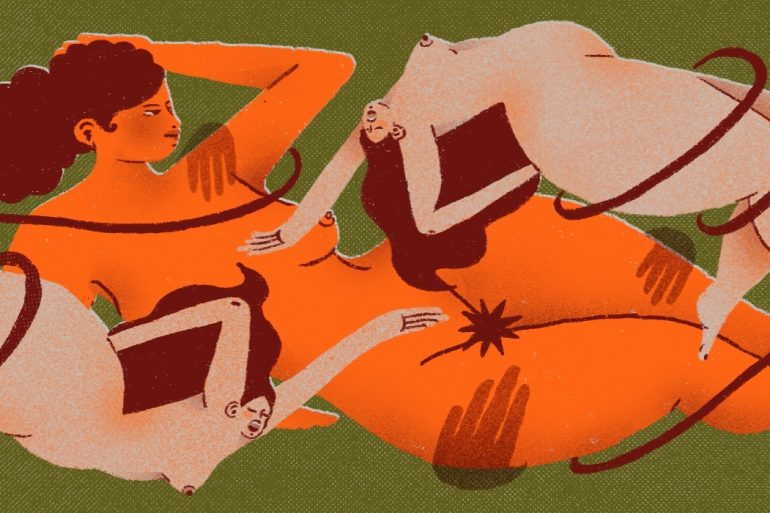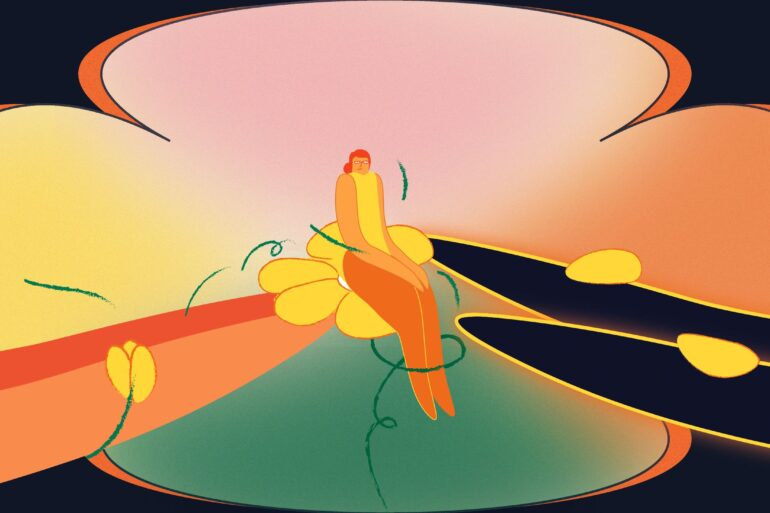On November 1st, the strongest typhoon on the planet this year devastated the Philippines. This typhoon, Typhoon Goni, ended up being the strongest landfalling tropical cyclone in recorded history. Barely a week later, Typhoon Vamco went on to pour over a month’s worth of rain in 24 hours.
Typhoon Vamco was the fourth typhoon that hit the Philippines over the span of three weeks. By that point, we had experienced disaster after disaster and heartache after heartache. I had to sit in the dark with no power. I couldn’t go home. I had no clue whether my family was safe or even alive because the roads to our house were flooded up to the second floor (12 meters or 40 feet high). Millions of Filipinos were impacted, stranded on their roofs, scared, alone and crying for help.
The Philippines is the second most climate vulnerable country in the world, something our national government should be well aware of – especially after Typhoon Haiyan in 2013 which killed at least 6,300 people. Yet in the middle of these typhoons our President Rodrigo Duterte was nowhere to be seen. Citizens surged online asking #NasaanAngPangulo (#WhereIsThePresident?), as up until that point he had not attended a single government briefing to discuss the typhoons.
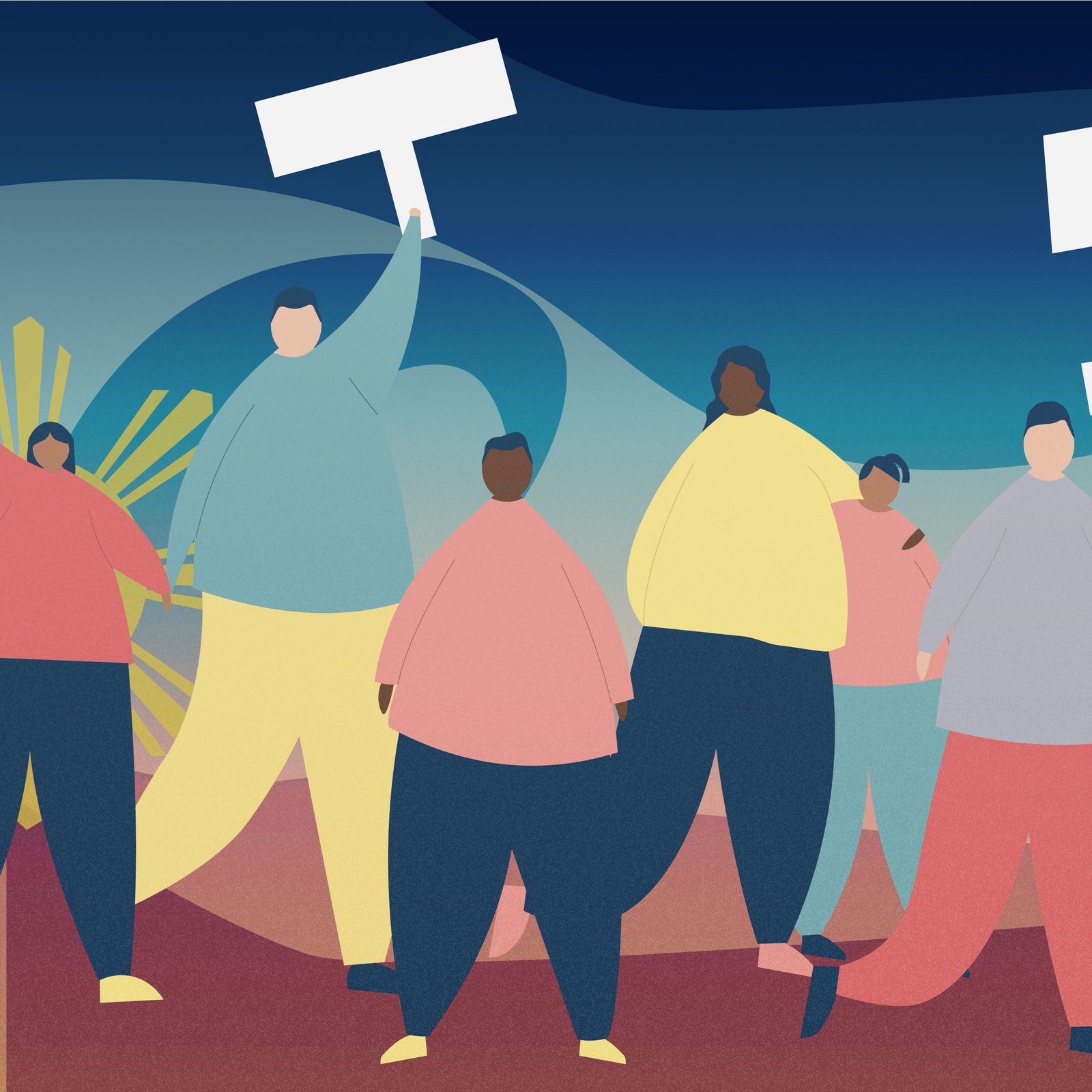
So where was our President during all of this? He was in an ASEAN summit, talking about climate justice and asking for countries in the Global North to reduce their emissions – ironic, when Filipinos were at that moment drowning as a direct result of these emissions. This irony heightens when you consider how President Duterte allows and encourages multinational companies from the very countries he’s calling out, to plunder our lands and displace our people. After a briefing during the aftermath of the typhoon, he even had the gall to make sexist jokes with one of the officials and say that the official spent too much time with women and that made him age faster. In the same briefing, when talking about someone who died because of COVID-19, Duterte said that that man died because he did not have enough women. How can a man preside over a country when he so blatantly disregards half of the population?
As activists and critics look for answers, they are met with the President’s attack dogs – his online troll army mimicking his sexist and oppressive remarks. They’ve flooded my own social media posts with comments: “Just by looking at her you know she’s smelly.” “Why don’t you be president then?” “Famewhore.” “What can a 70+ year old do with a typhoon. Are you stupid? You should have voted for a rescuer if you want the president to be present during a calamity.” “Think first because you look stupid. Fuck you, stupid.” “A big fuck you to you, and a bigger fuck you to you, your family, your siblings, and especially to you.”
And the Philippine Army? Lieutenant General Parlade said that rebel groups, considered as terrorists by many of our high-ranking national officials, are using “young girls in short shorts” advocating for the protection of the environment to entice young men to join communist groups. Again, this is mirrored in comments and replies seen on social media. “Those part of the armed rebel communist group have no right to ask for help from the government, especially those who like to wear short shorts.” “She wore short shorts, how stupid.” “You guys call yourselves activists? What have you done to help those impacted by typhoon Vamco aside from flexing and complaining on Twitter? You’re all talk and trying to make yourselves look good.” “And Mitzi”, they ask, “what terrorist group are you part of? Let’s ask the Philippine Army, Lt. Gen. Parlade, and the National Task Force to End Local Communist Armed Conflict.”
When our so-called leaders exemplify such sexist, backwards behaviour, it emboldens this rotten, repressive culture in its citizens as well. It hurts to know that these people are also victims of this decaying system, people whose fundamental rights to a safe present and greener future you are also fighting for. But what really makes my heart bleed is knowing that some of these online trolls are paid to defend the government and attack activists; these anonymous accounts and the seemingly fake profiles are real people behind computer screens, and they’re pushed to resort to online trolling in order to put food on the table.
I would be lying if I said these comments didn’t phase me. It’s scary to be called a terrorist knowing that with your laws, even just suspicion of terrorist acts – such as calling for system change, can be met with surveillance, warrantless arrests, and even extrajudicial assassination. The Philippines is the second most dangerous country in the world for environmental defenders and activists, and that is because of the system of oppression and silencing that our government has perfected. It angers me that my calls for environmental protection are belittled and tossed aside. I should not be called a terrorist just for wearing short shorts. I should not be seen as a mere tool to entice young men. I am more than that. I am an activist, not a terrorist.
The nightmare of so many from the Global North is already our reality. I do not want to be afraid of drowning in my own bedroom anymore or having to sit in the dark listening to a battery powered radio to try to get news about the cities where my relatives live. I do not want to be afraid of my house being raided by the government. I do not want to be afraid of being killed or abducted by the military. So I rise above the waves of fear, as millions of activists have done before me, as I stand with the millions of activists today.
The environmental and climate crisis happening in the Philippines, the injustices done to our defenders and activists, the inaction, hypocrisy, and willful neglect perpetrated by our own government all creates a perfect storm. The raging winds and howls of the people’s movement are coming. We are striking like lightning in the night and downpouring our demands. We have mobilised hundreds of youth in our strikes and over 25,000 people worldwide in our online campaigns. We demand a moratorium on new dirty energy and environmentally destructive projects, proactive climate adaptation plans that centre the people’s needs, reparations from multinational corporations and carbon majors who have wronged us. We demand a new leader.
We will keep calling for climate justice, not the way President Duterte does with empty rhetoric, but with actual concrete calls. The US and EU, historically the world’s greatest emitters, along with China, currently the greatest emitter – these are the same countries that are making our land, seas, and people bleed. The big emitters are those least impacted by the climate crisis yet it is our country, contributing less than 0.4% to global greenhouse gas emissions that suffers. We will not forget how fossil fuel industries have known about the climate crisis for decades and have actively funded climate denialism. The time for reckoning has come.
It is our present and future that is at stake; we, the Filipino youth, are a powerful force of nature. We are revolutionary, and we refuse to be silenced. We know that we all deserve a safer and just present and a greener and sustainable future for everyone. We will keep coming down on the carbon majors as the typhoons have come down on us, to drown and wash away the greedy, wasteful, profit-oriented system that is killing us.
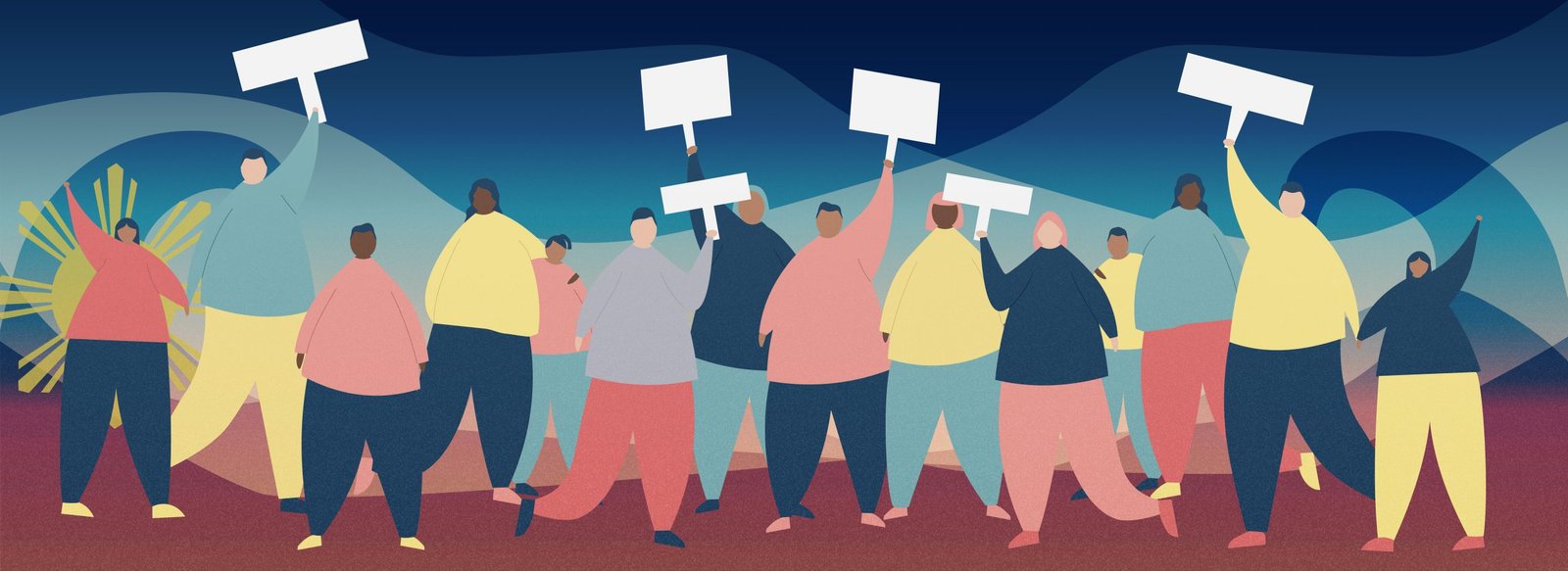
See more of Michelle’s work on her instagram




